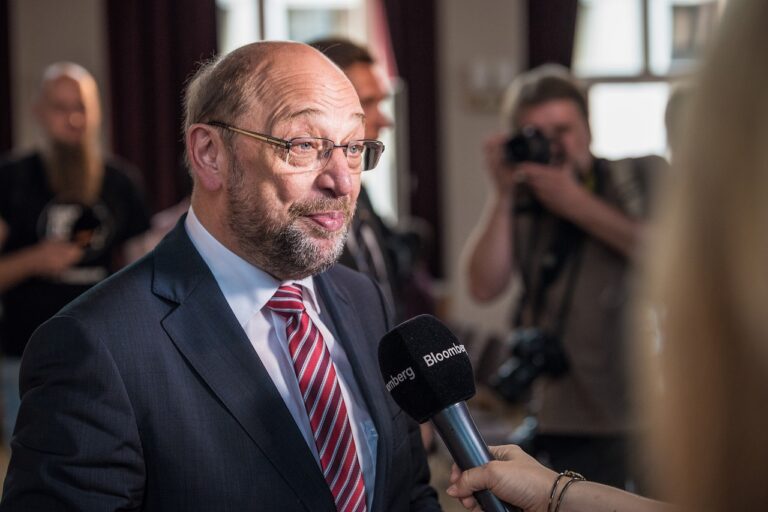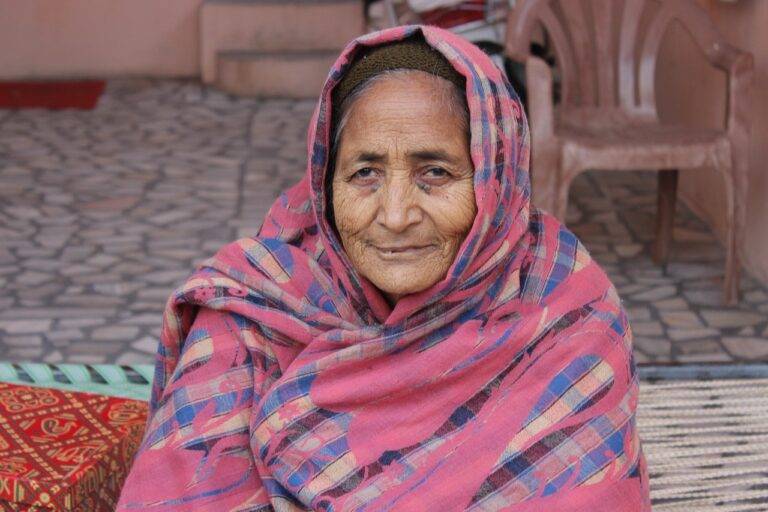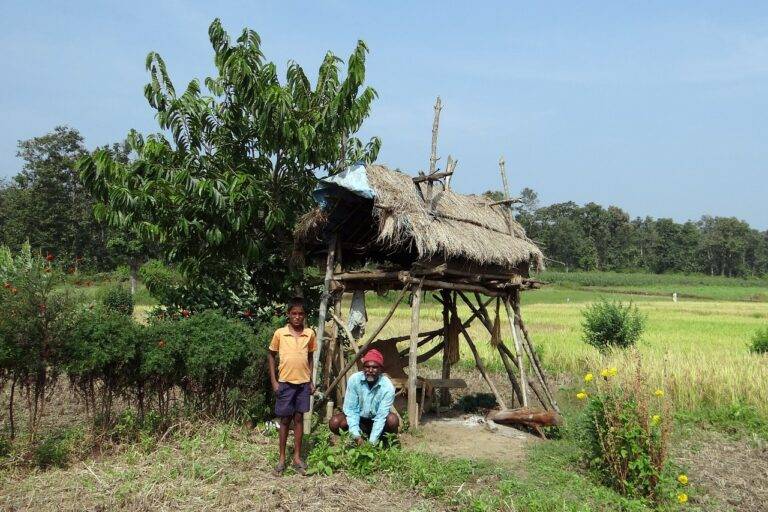Election Results and Social Welfare Policies
The current state of social welfare policies in the country is marked by a mix of progress and challenges. Various programs and initiatives have been implemented to address the needs of vulnerable populations, such as the elderly, low-income families, and individuals with disabilities. However, gaps in coverage and insufficient funding remain significant barriers to ensuring comprehensive social welfare support for all those in need.
Despite efforts to improve social welfare policies, disparities persist in accessing services and resources across different regions and demographics. The complexity of the social welfare system, coupled with bureaucratic hurdles, often results in delays and limited assistance for individuals seeking help. As a result, there is a pressing need for continued advocacy and reform to enhance the effectiveness and inclusivity of social welfare programs nationwide.
Despite progress, challenges remain in social welfare policies
Programs exist for vulnerable populations like elderly and low-income families
Gaps in coverage and funding are significant barriers to comprehensive support
Disparities persist in accessing services across regions and demographics
Bureaucratic hurdles lead to delays and limited assistance for those in need
Continued advocacy and reform needed to enhance effectiveness of programs
Impact of election results on social welfare programs
The outcomes of recent elections have significant implications for the future of social welfare programs in the country. A change in political leadership can often lead to shifts in priorities and funding allocations for social welfare initiatives, impacting the accessibility and effectiveness of these programs for vulnerable populations. This uncertainty following elections can create challenges in planning and implementation for both government agencies and non-profit organizations involved in delivering social services.
The stance taken by the newly elected officials on social welfare policies can either bolster or hinder the development and expansion of crucial programs aimed at addressing poverty, healthcare, education, and other key social issues. Additionally, elections can bring attention to previously overlooked or marginalized areas of the social welfare system, prompting renewed discussions and potential reforms to better serve those in need. The decisions made in the aftermath of elections have the power to shape the trajectory of social welfare programs for years to come.
Key players in influencing social welfare policies post-election
In the realm of influencing social welfare policies post-election, government officials play a crucial role in shaping the direction and priorities of social welfare programs. Elected representatives and government agencies are tasked with making decisions that directly impact the allocation of resources and support for various social welfare initiatives.
Additionally, advocacy groups and non-profit organizations also hold significant sway in influencing social welfare policies post-election. These entities work diligently to raise awareness, lobby for changes in policies, and advocate for marginalized communities who rely on social welfare programs for support and assistance. Their collective efforts help ensure that the needs of vulnerable populations are taken into account when shaping social welfare policies in the aftermath of elections.
What is the current state of social welfare policies in the country?
The current state of social welfare policies in the country varies depending on the region, but overall there are programs in place to provide assistance to those in need such as food stamps, Medicaid, and housing assistance.
How do election results impact social welfare programs?
Election results can impact social welfare programs by determining the priorities and funding levels for these programs. Depending on the outcome of an election, there may be changes to existing programs or the implementation of new programs.
Who are the key players in influencing social welfare policies post-election?
Key players in influencing social welfare policies post-election include elected officials, advocacy groups, non-profit organizations, and community leaders. These individuals and groups work together to shape policies and advocate for the needs of vulnerable populations.







